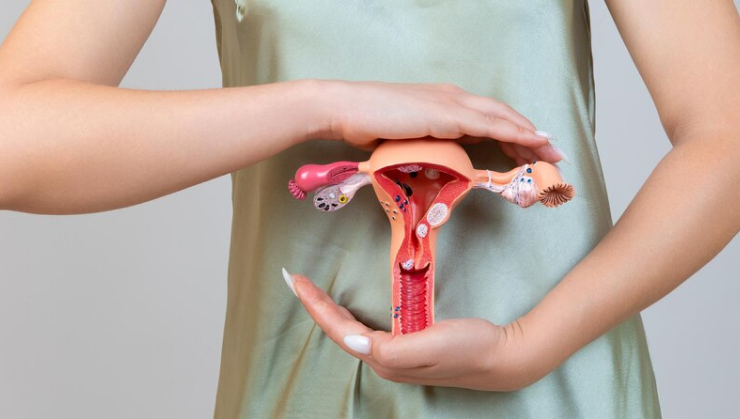Introduction:
For many couples, the journey to parenthood begins with understanding a woman's fertility cycle and timing conception accordingly. Fertility awareness, also known as natural family planning, is a method that empowers couples to identify the most fertile days in a woman's menstrual cycle. In this article, we will explore the concept of fertility awareness, how to track ovulation, and strategies to maximize your chances of conception.
Understanding the Menstrual Cycle:
To grasp fertility awareness, it's crucial to understand the menstrual cycle. On average, a woman's menstrual cycle is about 28 days, but it can vary from person to person. The menstrual cycle consists of several phases, but for the purpose of fertility awareness, two key phases are significant: the follicular phase and the luteal phase.
- Follicular Phase:This is the first half of the menstrual cycle, beginning on the first day of menstruation. It is characterized by the development of follicles in the ovaries and increasing levels of estrogen. Ovulation occurs at the end of this phase.
- Luteal Phase: After ovulation, the luteal phase begins. It typically lasts around 12-14 days and is characterized by increased progesterone levels. If conception doesn't occur, the luteal phase ends, leading to menstruation.
Tracking Your Ovulation:
- Menstrual Calendar:Start by keeping a menstrual calendar to track the start and end dates of your periods. This will help you estimate the length of your menstrual cycle.
- Basal Body Temperature (BBT): BBT charting involves taking your temperature each morning before getting out of bed. A slight rise in temperature after ovulation can indicate that ovulation has occurred.
- Cervical Mucus Changes: Your cervical mucus undergoes changes throughout your menstrual cycle. During the fertile window, it becomes clear, stretchy, and similar to egg whites. Monitoring these changes can help predict ovulation.
- Ovulation Predictor Kits (OPKs): OPKs are available over-the-counter and work by detecting a surge in luteinizing hormone (LH) that occurs just before ovulation.
Maximizing Conception Chances:
- Timing Intercourse: The most fertile days are typically the few days leading up to and including the day of ovulation. Aim to have intercourse during this fertile window.
- Healthy Lifestyle: Maintain a balanced diet, exercise regularly, and reduce stress. A healthy lifestyle can support fertility.
- Preconception Health: Ensure that both partners are in optimal health before trying to conceive. Consult a healthcare provider for preconception check-ups and guidance.
- Regular Gynecological Check-ups: Regular visits to your gynecologist can help identify and address any potential fertility issues.
- Seek Help When Needed: If you've been trying to conceive for a year (or six months if you're over 35) without success, consult a fertility specialist for further evaluation.
Conclusion:
Fertility awareness is a valuable tool for couples looking to conceive, as it empowers them to identify the most fertile days in the menstrual cycle. By understanding the menstrual cycle, tracking ovulation, and making lifestyle adjustments, you can maximize your chances of successful conception. Remember that every individual is unique, and if you encounter difficulties, seeking guidance from a healthcare provider or fertility specialist can provide valuable insights and support on your journey to parenthood.
.pdf%20300X60%20PX-02-02.svg)



